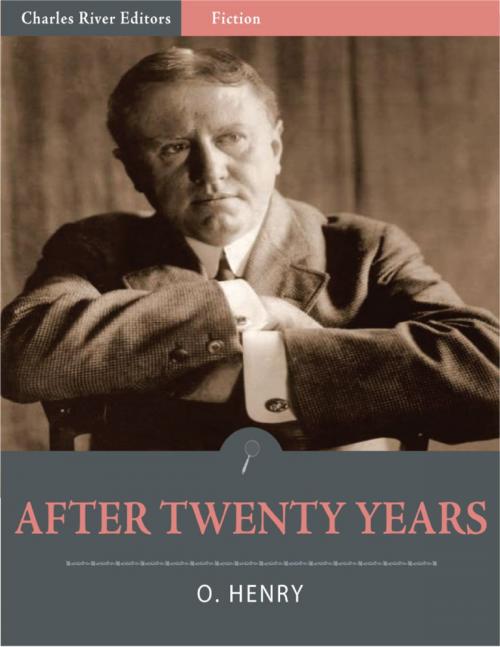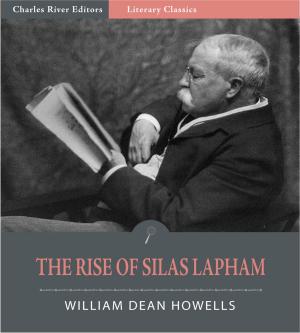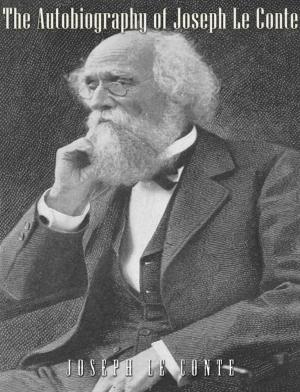| Author: | O. Henry | ISBN: | 9781475314250 |
| Publisher: | Charles River Editors | Publication: | June 13, 2012 |
| Imprint: | Language: | English |
| Author: | O. Henry |
| ISBN: | 9781475314250 |
| Publisher: | Charles River Editors |
| Publication: | June 13, 2012 |
| Imprint: | |
| Language: | English |
Few people are familiar with the name William Sydney Porter (1862-1910), but, just as many remember Mark Twain and not Samuel L. Clemens, Porter is well known by the pen name O. Henry. And O. Henry became known as a master of surprise, with witty short stories that trade on wordplay and surprise twist endings that have become standard fare in the century following his death. O. Henry was living the routine life of a young pharmacist who dazzled people with his artistic drawing ability, creativity that successfully translated into literature. At first, O. Henry combined his writing and drawing for satire in The Rolling Stone, a failed venture, but his work helped him get notice around Texas. From there, his witty short stories were nearly as creative as his life, which saw him flee the country before getting arrested and imprisoned for embezzlement, leading to stories being written in settings as different as Honduras and a federal penitentiary. Using a pseudonym to hide the fact he was a prisoner, O. Henry became his best known name, and he used it for hundreds of short stories written between 1902-1910, when he died of cirrhosis of the liver due to heavy drinking. This edition of O. Henrys After Twenty Years is illustrated with pictures of Henry, his life and work. It also includes a table of contents for easier navigation.
Few people are familiar with the name William Sydney Porter (1862-1910), but, just as many remember Mark Twain and not Samuel L. Clemens, Porter is well known by the pen name O. Henry. And O. Henry became known as a master of surprise, with witty short stories that trade on wordplay and surprise twist endings that have become standard fare in the century following his death. O. Henry was living the routine life of a young pharmacist who dazzled people with his artistic drawing ability, creativity that successfully translated into literature. At first, O. Henry combined his writing and drawing for satire in The Rolling Stone, a failed venture, but his work helped him get notice around Texas. From there, his witty short stories were nearly as creative as his life, which saw him flee the country before getting arrested and imprisoned for embezzlement, leading to stories being written in settings as different as Honduras and a federal penitentiary. Using a pseudonym to hide the fact he was a prisoner, O. Henry became his best known name, and he used it for hundreds of short stories written between 1902-1910, when he died of cirrhosis of the liver due to heavy drinking. This edition of O. Henrys After Twenty Years is illustrated with pictures of Henry, his life and work. It also includes a table of contents for easier navigation.















